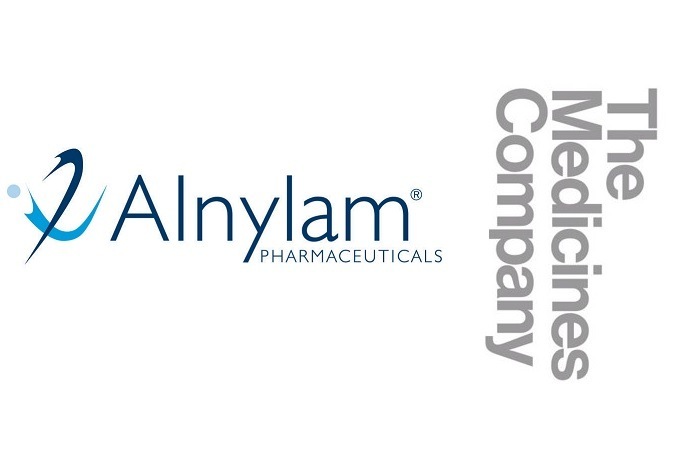 The Medicines Company and Alnylam Pharmaceuticals have announced positive final results from the ORION-1 Phase II study of inclisiran, an investigational, first-in-class PCSK9 synthesis inhibitor being developed for the treatment of hypercholesterolemia.
The Medicines Company and Alnylam Pharmaceuticals have announced positive final results from the ORION-1 Phase II study of inclisiran, an investigational, first-in-class PCSK9 synthesis inhibitor being developed for the treatment of hypercholesterolemia.
The results were at the American College of Cardiology’s 66th Annual Scientific Session (ACC; 17-19 March, Washington, DC, USA), and have been published in the March 17, 2017 online issue of the New England Journal of Medicine.
The detailed data from ORION-1 showed that inclisiran delivered significant and sustained reductions of low density lipoprotein cholesterol (LDL-C), and high standards of safety and tolerability. Remarkably, every patient who received the two-dose starting regimen displayed a significant response, and the mean LDL-C reductions over time were relatively constant. Inclisiran was well tolerated and no material safety issue was observed, including no investigational drug-related elevation of liver enzymes and no neuropathy, change in renal function, thrombocytopenia, or anti-drug antibodies.
John JP Kastelein, professor of Medicine and chairman of the Department of Vascular Medicine at the Academic Medical Center of the University of Amsterdam, Amsterdam, the Netherlands, says, “We are pleased to see the complete results from this comprehensive 497-patient phase II study. Inclisiran’s universal and practically constant effect is unprecedented in my experience of over 30 years of dyslipidemia clinical trials. The unique dosing regimen virtually eliminates variability in LDL-C levels over time and inclisiran may, therefore, solve one of the most vexing challenges of cardiovascular medicine—namely, how to make sure everyone responds to treatment.”
In ORION-1, the mean baseline LDL-C was approximately 130 mg/dL among 497 randomised and treated patients. The optimal starting dose regimen (300mg injection administered on day one and day 90) achieved a mean LDL-C reduction of 52.6% and up to 81% at day-180, and a time-adjusted mean of >50% for the six month period from day-90 through day-270. For all dose groups, at all time points, differences in the primary (LDL-C) and secondary (PCSK9) endpoints between inclisiran and placebo were statistically significant (p <0.0001).
The overall incidence of treatment-emergent adverse events was 76% in both patients randomised to placebo and patients randomised to inclisiran, with no significant difference between inclisiran doses. Injection site reactions associated with inclisiran were infrequent (observed in 6.5% of patients given the two dose starting regimen and 3.8% of patients given the one dose starting regimen), mild or moderate, and transient.













